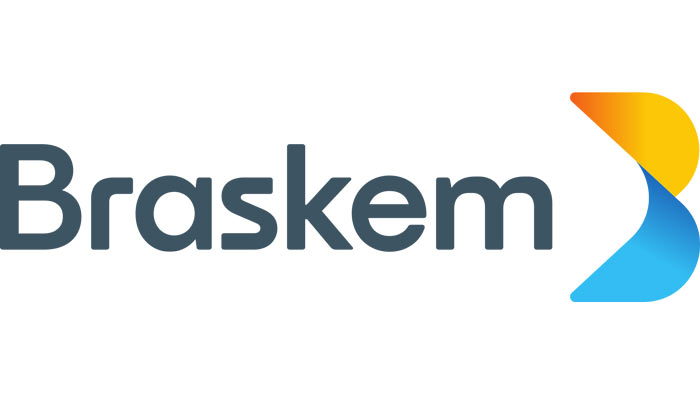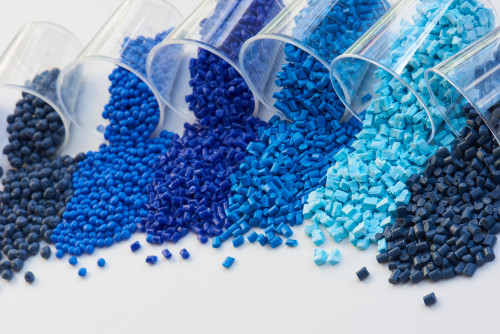Processing Methods
Processing does not have to be solely by conventional methods. We have materials in our portfolio that can be used in a variety of processes to produce many different applications.
Vinyl Record Production
The production of vinyl records is unique. PVC pellets are moulded into discs and pressed into the shape of the record. This process involves intense heat and pressure, during which the record label is attached.
Compounding Additives
In addition to materials being used as the main compounding material, Resinex offers many products that can enhance the finished product. Additives can improve the product's lifetime or ease of production. Examples of improved properties include:
Adhesion
Toughness
UV resistance
Heat resistance
Thermal stability
Degradation resistance during processing and in the finished product
Ease of processing
Masterbatches
Masterbatches are used in the compounding process or directly via the conversion process (such as injection moulding or extrusion) to add specific properties to the material. These properties can include colour, blowing agents, beads, and anti-bacterial additives.
Hot Melt Adhesives
Adhesives are produced from primary polymers and then include waxes to control the setting speed, plasticisers to improve flexibility, and resins to enhance tackiness. Mixing and heating these components together in the desired ratios will produce the required adhesive. The final form can take the shape of:
Blocks
Pellets
Sticks
Production of Hollow Fibre Filtration Media
For end use in filtration membranes for water filtration or microfiltration media used in medical or industrial applications, hollow fibres are produced to make up these porous walls. They can be made from materials such as polysulfone, polyethersulfone, or polyvinylidene fluoride (PVDF). There are several different ways to produce hollow fibres:
Melt Spinning: The polymer is melted and extruded into air where it cools and solidifies into hollow fibres.
Dry Spinning: The polymer is dissolved in a solvent and then extruded. The solvent evaporates, leaving the hollow fibre product.
Wet Spinning: The polymer is extruded into a water bath (or other wet media), known as a coagulation bath, where it solidifies.
Dry-Jet Wet Spinning: This process combines elements of both wet and dry spinning. The polymer solution is extruded into air followed by the coagulation bath.
The process used depends on the desired application and properties, whether it's strength or specific pore size.















